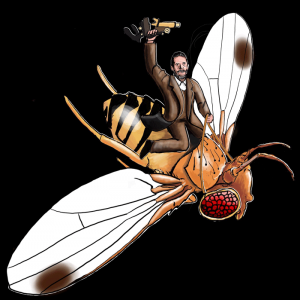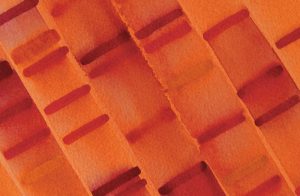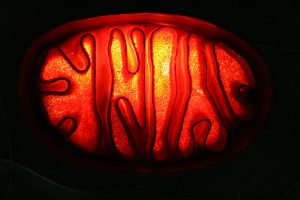Enter your address to receive notifications about new posts to your email.
Articles tagged Drosophila
(138 results)
-
Tools for transgenic studies in close relatives of D. melanogaster
Thanks to more than a hundred years of working with Drosophila melanogaster, geneticists have many powerful tools for precisely manipulating its genes. It has also become a model system for studying speciation and molecular evolution together with the other members of the melanogaster species group: D. simulans, D. mauritiana, D. yakuba, and D. santomea. However,…
-
#DROS17 GSA Poster Award winners
We are pleased to announce the GSA Poster Award winners from the 58th Annual Drosophila Research Conference! Undergraduate and graduate student members of the GSA were eligible for the awards, and a hard-working team of postdocs volunteered their time as judges. Congratulations to all! Undergraduate Students 1st Place: Cezary Mikoluk Institution: Penn State Berks Poster title: The…
-
50 years of molecular evolution in Drosophila
In the genomic era, population geneticists are flooded with molecular data on the evolution of natural populations. This deluge started in 1966 as a trickle of data from protein electrophoresis studies, including the landmark GENETICS papers published by Richard Lewontin and John Hubby. As Lewontin is honored this week at the Annual Drosophila Research Conference…
-
A single gene controls multiple feeding-related traits in fruit fly larvae
Fruit fly larvae have one goal: eat as much as possible. After the tiny worm-like larvae hatch from eggs embedded into the flesh of rotting fruit, they eat their way out. After days of gorging, they find a good spot to pupate and then emerge as adults. Fruit flies cannot grow after this transformation, however,…
-
Rapid immune evolution: exception or rule?
The arms race between pathogens and their hosts leaves clear genetic marks: the most quickly evolving parts of host genomes often include immune genes. But are these fast-movers the exception among immune genes, or do most genes in this class bear the genetic signature of strong selection? In the January issue of GENETICS, Early et…
-
Fruit fly feast: Preview of the Annual Drosophila Research Conference
Don’t miss out on this year’s Annual Drosophila Research Conference: The late abstract deadline is January 23, 2017 and the early registration discount ends February 3, 2017. Check out the fantastic lineup of invited speakers below! More details of the conference are available here, including details of special events like the PI Early Career Forum,…
-
Fly model of traumatic brain injury untangles factors tied to mortality
Each year, emergency departments in the US treat almost 700,000 people for traumatic brain injury (TBI). The outcome depends largely on the severity and location of the injury, but these aren’t the only factors. Age also plays a role, with children often recovering more fully than do adults. The patient’s diet following the injury may…
-
High Temperatures Suppress Seizures in a Fruit Fly Epilepsy Model
The human brain is an amazing machine powered by electricity. Carefully controlled patterns of changing electrical charges in neurons allow us to to think, move, and speak. When this system is disrupted, very bad things happen. A seizure occurs when a sudden surge of electrical activity in the brain interrupts normal functioning. Seizures are accompanied…
-
Happy 150th to a fruit fly wrangler who changed the world
In Kentucky 150 years ago today, a child was born who would—with the help of a hardy inhabitant of trash cans and fruit bowls— grow up to change the world. That boy was Thomas Hunt Morgan. By the 1900s, the energetic young Morgan had become a well-respected expert investigating questions in experimental embryology and animal regeneration.…
-
Hubby & Lewontin: Problems and Conversations
The beautiful cover of the August issue of GENETICS was created by artist Michele Banks to commemorate the fiftieth anniversary of a pivotal moment in the history of evolutionary biology: the 1966 publication of a pair of GENETICS papers using protein electrophoresis to reveal that natural genetic diversity is bountiful. Thanks to a conversation between…
-
#TAGC16 Shorts: Mitonuclear interactions
Guest post by Mathieu Hénault. #TAGC16 Shorts are brief summaries of presentations at The Allied Genetics Conference, a combined meeting of seven genetics research communities held July 13-17, 2016 in Orlando, Florida. Most traits are controlled by more than one gene, and interactions between the effects of genes (GxG) can modify phenotypes in a non-additive…

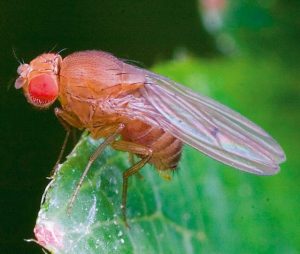

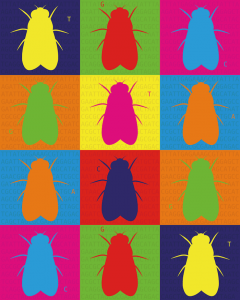
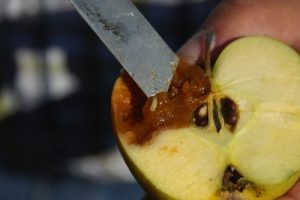
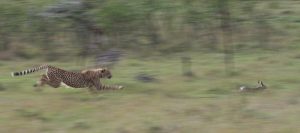
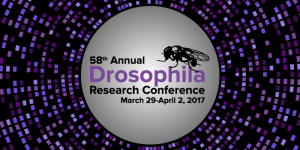
![Traumatic brain injury is a risk for those who participate in contact sports, such as boxing and Muay Thai. By Eric Langley [CC BY 2.0], via Wikimedia Commons.](https://s36063.pcdn.co/wp-content/uploads/2016/12/npjxWixCqK0OdXXC-pic-300x199.jpg)

